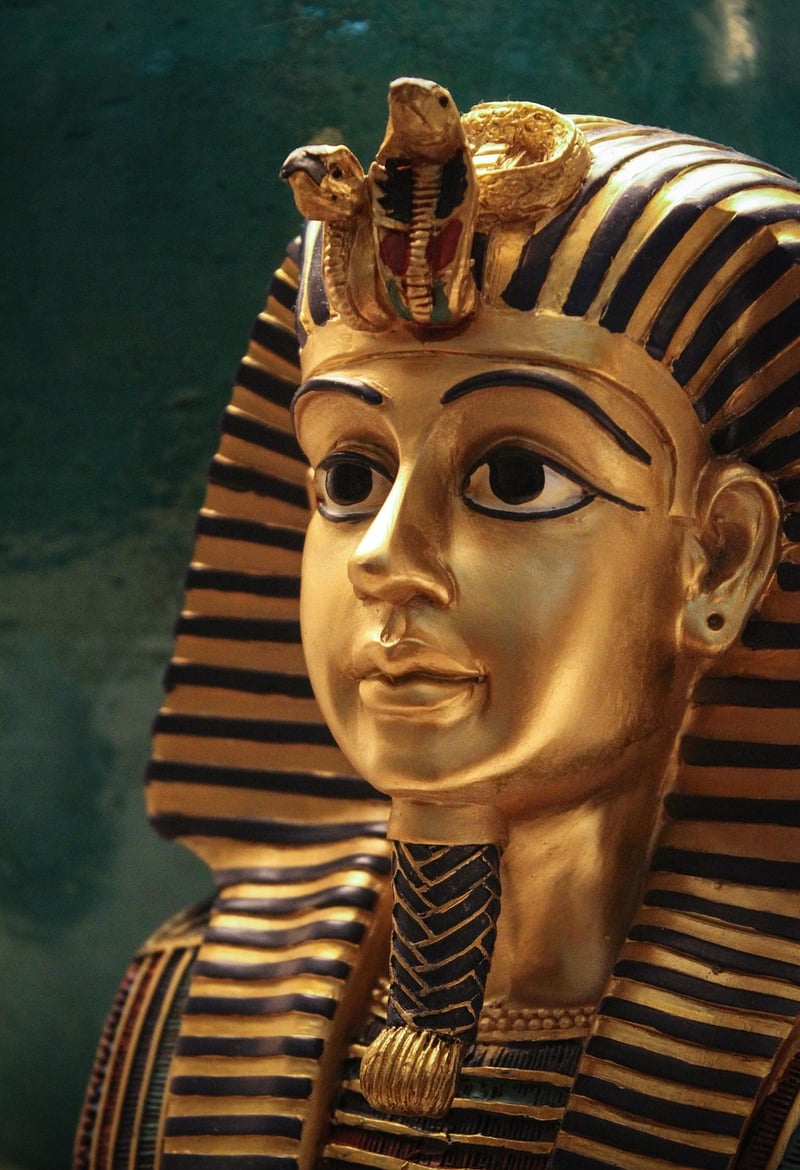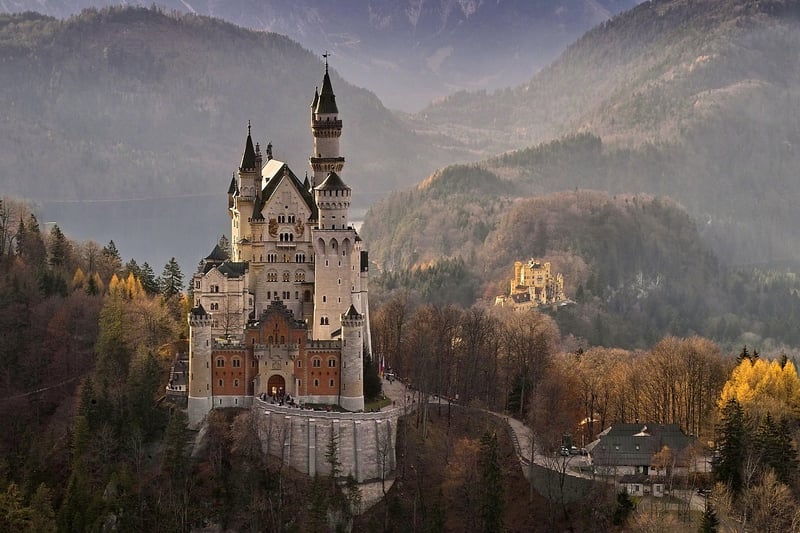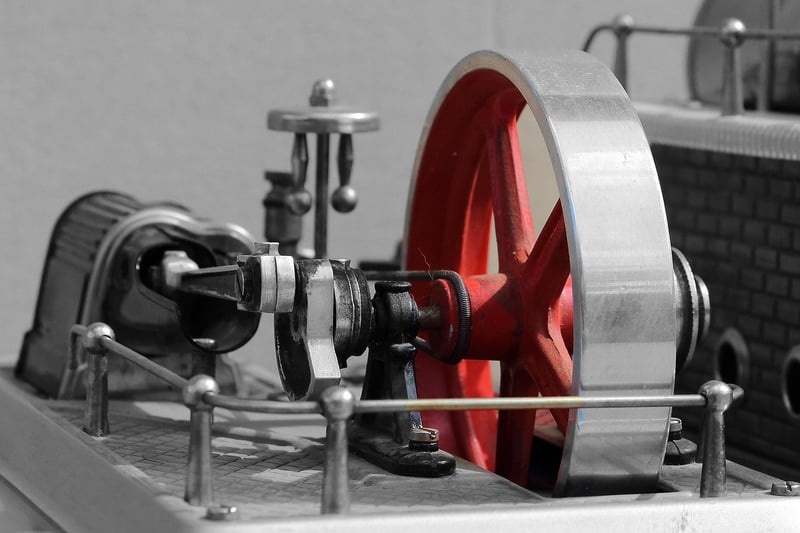Future Exploration
Exploring Different Eras and Future Exploration
Introduction
Exploring different eras allows us to delve into the past and understand the evolution of humanity, while future exploration unlocks endless possibilities for innovation and discovery.
Ancient Era
The ancient era, spanning from the dawn of civilization to the fall of the Roman Empire, witnessed remarkable advancements in agriculture, architecture, and philosophy. Discoveries like the pyramids of Egypt and the Great Wall of China showcase the ingenuity of our ancestors.

Medieval Era
The medieval era, characterized by feudalism and chivalry, saw the rise of magnificent castles, cathedrals, and the age of knights. This period laid the foundation for the Renaissance and the Age of Discovery.

Industrial Revolution
The Industrial Revolution marked a shift from agrarian societies to industrialized nations, leading to technological breakthroughs, urbanization, and the modernization of economies. Inventions like the steam engine revolutionized transportation and manufacturing.

Space Exploration
Space exploration represents humanity's quest to unravel the mysteries of the cosmos. Landmark achievements like the moon landing and the Mars rover missions have expanded our understanding of the universe and inspired future generations to reach for the stars.

Future Exploration
The future of exploration holds endless possibilities, from colonizing other planets to harnessing renewable energy sources. Advancements in AI, robotics, and biotechnology are shaping the trajectory of future exploration, promising a world of innovation and discovery.

Conclusion
Exploring different eras provides insights into our past achievements, while future exploration propels us towards new frontiers of knowledge and discovery. Let us embrace the spirit of exploration to unlock the mysteries of the past and pave the way for a brighter future.
